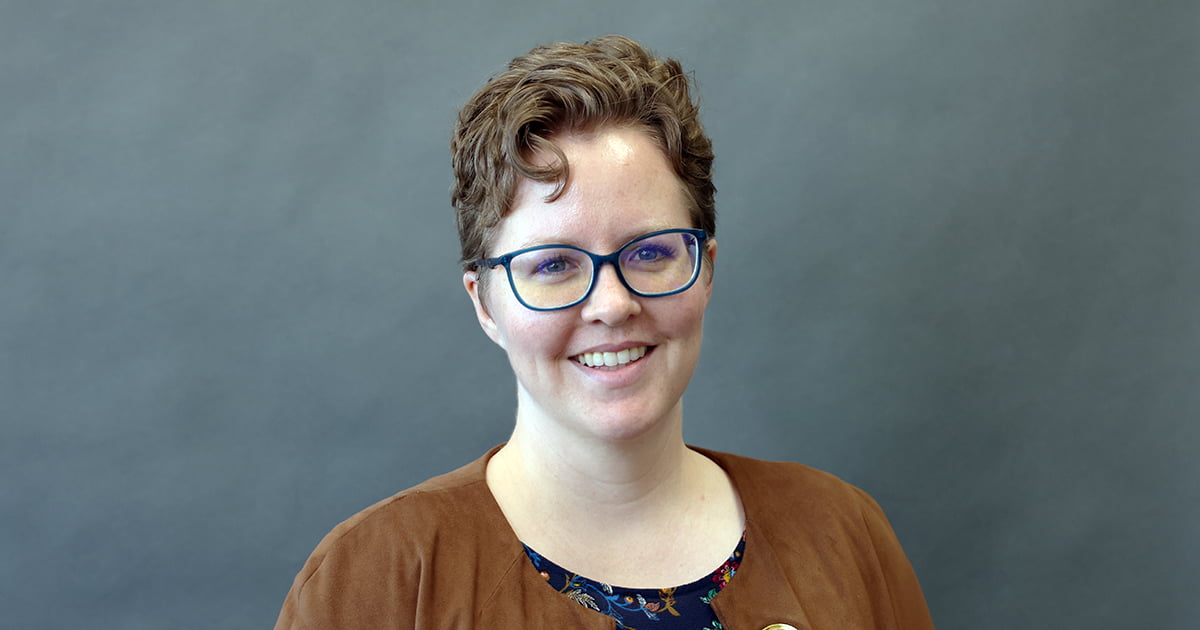
The sheer volume of data available to researchers makes it difficult to share and analyze—something that can dissuade students hoping to pursue a career in research.
To help lessen this barrier, a consortium of scientists and organizations developed the FAIR (Findable, Accessible, Interoperable and Reusable) Data Principles in 2016 to make data easier to share and use.
Jessica Eisma, civil engineering assistant professor at The University of Texas at Arlington, recently was awarded a two-year, $298,830 grant from the National Science Foundation's CyberTraining Program to create a bootcamp to teach undergraduate students who are interested in the water and energy sectors about the FAIR Principles so they can integrate them into their research. June Young Park, assistant professor of civil engineering, is collaborating on the project.
"It's easy to share data, but hard to do so in a way that's easy for others to use," Eisma said. "There are repositories, but the key is to provide the data in a format that is easy to use and understand, with metadata that is easily machine-readable. If we can instill in undergraduate students the mindset of sharing, they will incorporate those practices throughout their career."
Eisma and Park are developing a one-week online bootcamp that will match under-represented students from research universities in Texas with instructors and teaching assistants as mentors. After the bootcamp, students will return to their campus labs to pursue their research, then reconvene at the end of the summer for a research symposium where they present their findings and discuss how they incorporated the FAIR Principles.
Next fall, Eisma will host a pair of workshops: One will be for faculty to see what tools they might need to expand cyber training; the other will be for primary investigators working with the bootcamp students to get feedback and assess the program's effectiveness. She will apply her findings to a second bootcamp in summer 2024, with hopes of expanding the program in the future.
"With data collection growing rapidly now and for the foreseeable future, good data-sharing practices are critical to support engineering and science research," said Melanie Sattler, interim chair of civil engineering. "This project takes an important step in training students in best data-sharing practices to make them better-equipped researchers for their future careers."
- Written by Jeremy Agor, College of Engineering






